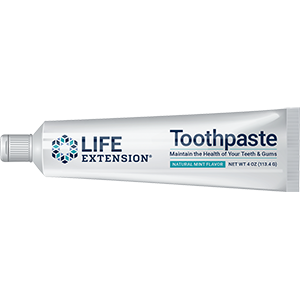| Readers of Life Extension Update will recall the June 24, 2008 issue which reported the finding of Austrian and German researchers that men and women with higher serum levels of vitamin D had a reduced risk of dying from all causes over a seven year period. The study, which included 3,258 patients scheduled for coronary angiography, was reported in the June 23, 2008 issue of the American Medical Association journal Archives of Internal Medicine. Now, in the August 11/25, 2008 issue of the journal, researchers in the U.S. report the results of a significantly larger study involving healthy men and women which found a similar association. The study is the first, to the authors’ knowledge, to examine the association between vitamin D levels and mortality in the general population. For the current study, Michal L. Melamed, MD, MHS, of the Bronx’s Albert Einstein College of Medicine, along with researchers from Johns Hopkins University evaluated data from 13,331 participants in the Third National Health and Nutritional Examination Survey (NHANES III). Serum 25-hdyroxyvitamin D levels were measured between 1988 and 1994, and subjects were followed through 2000. Over the 8.7 year median follow-up period, 1,806 deaths occurred, including 777 from cardiovascular disease, 424 from cancer, and 105 due to infectious causes. Participants with the lowest serum vitamin D levels were found to have the greatest risk of dying from any cause over follow-up. Among those whose levels placed them among the lowest 25 percent of participants at less than 17.8 nanograms per liter, there was a 26 percent higher risk of dying compared with those whose levels were in the top 25 percent. The authors write that low serum vitamin D levels have been associated with elevated blood pressure, diabetes, insulin resistance and an increased body mass index, all of which are cardiovascular disease and mortality risk factors. Earlier research conducted by the team found an 80 percent increase in peripheral artery disease risk associated with insufficient vitamin D levels. "Our results make it much more clear that all men and women concerned about their overall health should more closely monitor their blood levels of vitamin D, and make sure they have enough," stated co-lead investigator Erin Michos, MD, MHS. "We think we have additional evidence to consider adding vitamin D deficiency as a distinct and separate risk factor for death from cardiovascular disease, putting it alongside much better known and understood risk factors, such as age, gender, family history, smoking, high blood cholesterol levels, high blood pressure, lack of exercise, obesity and diabetes. Now that we know vitamin D deficiency is a risk factor, we can better assess how aggressively to treat people at risk of heart disease or those who are already ill and undergoing treatment." "Further observational studies are needed to confirm these findings and establish the mechanisms underlying these observations,” the authors recommend. “If confirmed, randomized clinical trials will be needed to determine whether vitamin D supplementation at higher doses could have any potential benefit in reducing future mortality risk in those with 25(OH)D deficiency." |
















